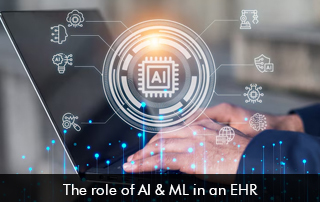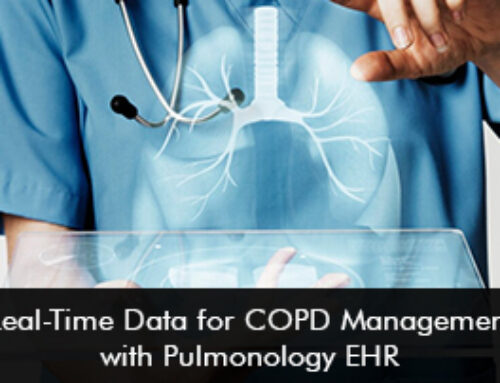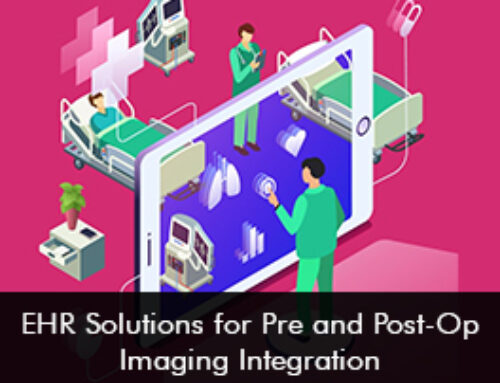Artificial intelligence (AI) and machine learning (ML) are transforming the healthcare industry, revolutionizing the development, deployment, and utilization of Electronic Health Records (EHR) software. This article delves into the profound impact of AI and ML on Electronic Medical Records (EMR), exploring their potential to enhance clinical practice, elevate patient care, and shape the future of healthcare delivery.
AI, a branch of technology that mimics human cognitive functions such as learning, reasoning, and problem-solving, is at the forefront of this transformation. Machine learning, a subset of AI, empowers computers to learn from data and continuously improve their performance without explicit programming. Together, these technologies are paving the way for a smarter, more efficient healthcare system.
The Role of AI and Machine Learning in EMR Software:
AI and ML technologies provide a variety of capabilities that can improve the functionality and usability of EHR software.
-
Clinical Decision Support:
AI-powered clinical decision support systems use patient data, medical literature, and best practices to give physicians real-time suggestions and insights at the point of treatment. These systems can notify doctors of potential medication interactions, diagnostic mistakes, or therapy suggestions based on the most recent research, so enhancing clinical decision-making and patient safety.
-
Natural language processing (NLP):
These methods allow EHR systems to extract and analyze unstructured clinical data from physician notes, discharge summaries, and other narrative materials. NLP can recognize essential clinical concepts, extract pertinent information, and populate structured fields in the EMR, decreasing documentation burden, increasing data accuracy, and boosting interoperability.
-
Machine Learning Algorithms:
MLA can analyze massive amounts of clinical data to find patterns, trends, and prediction models for disease risk, therapy response, and patient outcomes. Healthcare professionals may use predictive analytics to anticipate adverse occurrences, stratify patient groups based on risk, and adjust therapies to specific patient requirements, resulting in more proactive and personalized care.
Benefits of AI and Machine Learning in EHR Software:
Integrating AI and ML into EMR/EHR software has various advantages for healthcare organizations, providers, and patients:
-
Improved Clinical results:
AI-powered decision support systems can assist physicians in making more informed decisions, reducing medical mistakes, and optimizing treatment regimens, ultimately leading to better clinical results and patient satisfaction.
-
Enhanced Efficiency:
Automating regular operations like paperwork, coding, and administrative processes can help to speed up clinical workflows, minimize administrative stress, and free up time for direct patient care.
-
Cost Savings:
By enhancing operational efficiency, decreasing unnecessary testing, and avoiding adverse occurrences, AI and ML technologies may assist healthcare organizations in lowering costs and better allocating resources.
-
Data-Driven Insights:
AI and machine learning algorithms can analyse large amounts of clinical data to generate actionable insights, identify trends, and inform strategic decision-making, allowing healthcare organizations to optimize resource allocation, quality improvement efforts, and population health management strategies.
Future Implications and Opportunities:
Looking ahead, incorporating AI and ML into EMR software has the potential to improve healthcare delivery and patient outcomes significantly. As these technologies progress, we may anticipate more breakthroughs in predictive analytics, personalized medicine, virtual assistants, and population health management. Healthcare organizations can unleash new prospects for innovation, efficiency, and better patient care by leveraging the power of AI and machine learning.
To summarize, AI and ML technologies are driving substantial breakthroughs in EHR software, providing transformational capabilities to improve clinical decision-making, expedite workflows, and improve patient outcomes.







